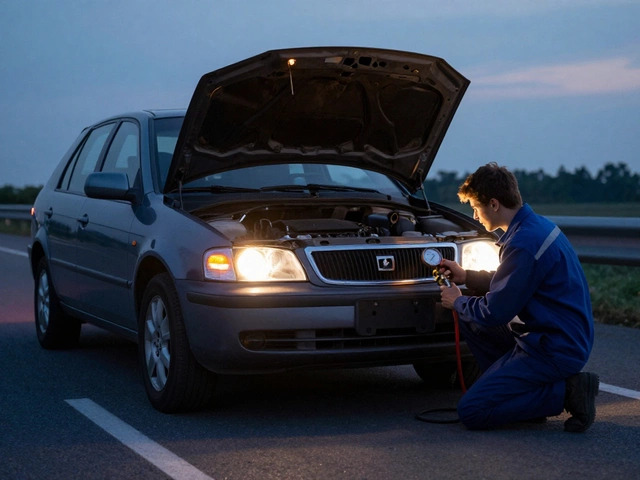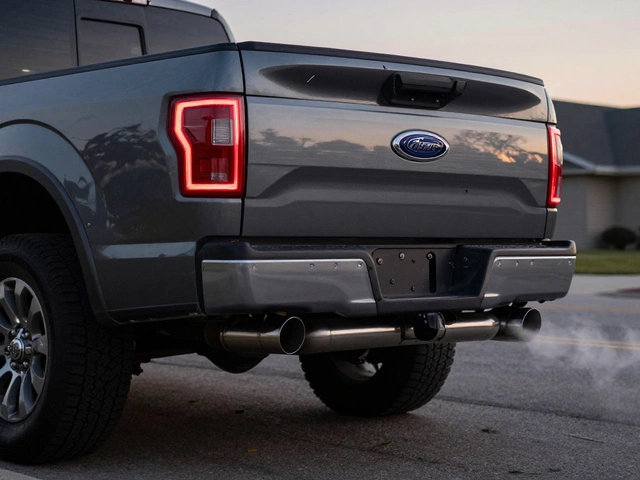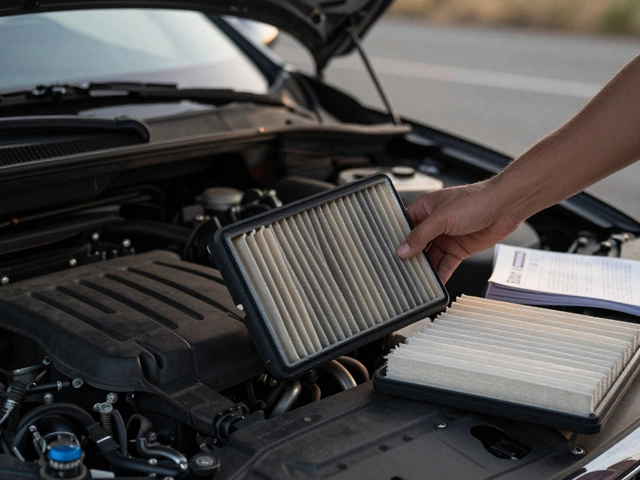
Steering Problems: Signs, Causes, and What to Do Before It's Too Late
When your steering problems, issues that make your car pull, shake, or feel unresponsive while turning. Also known as poor steering response, it's not just annoying—it’s a safety risk that can lead to accidents if ignored. Many drivers wait until the wheel feels loose or the car drifts sideways before they act. By then, other parts like the bad suspension, a system that absorbs road bumps and keeps tires in contact with the surface or worn shocks, damaged components that fail to control spring movement are already failing. Steering doesn’t work in isolation. It’s tied to your suspension, tires, alignment, and even your brakes.
If your car pulls to one side when you let go of the wheel, that’s not normal. It’s not just a tire issue—it could be a bent control arm, a worn ball joint, or a failing steering rack. A shaky steering wheel at highway speeds? That’s often linked to unbalanced tires, but it can also mean your car handling, how your vehicle responds to driver input and road conditions is compromised by worn suspension parts. And if you hear clunking or rattling when you turn, that’s not just noise—it’s metal grinding against metal, and it’s getting worse. These aren’t "maybe" problems. They’re clear signals that something’s breaking down.
Fixing steering problems early saves money. Replacing a $50 bushing is cheaper than replacing a $600 steering gear. Checking your suspension regularly prevents uneven tire wear, which kills your tires faster and makes steering even harder. You don’t need to be a mechanic to spot the signs: Does your car feel loose after hitting a pothole? Do you have to tug the wheel to stay straight? Is there a vibration you didn’t feel last month? Those are clues. The posts below show real cases—drivers who ignored the warning signs and ended up with expensive repairs, and others who caught it early and fixed it for under $200. You’ll see exactly what noises to listen for, what parts fail most often in Indian driving conditions, and how to tell if it’s something you can check yourself—or if you need a pro right away.
Steering problems don’t fix themselves. They get worse. And they don’t just affect how your car feels—they affect how safe it is. The next few pages give you the real, no-fluff breakdown of what’s likely wrong with your car, what it costs to fix, and how to stop it before you’re stranded—or worse.
-
28 Apr






